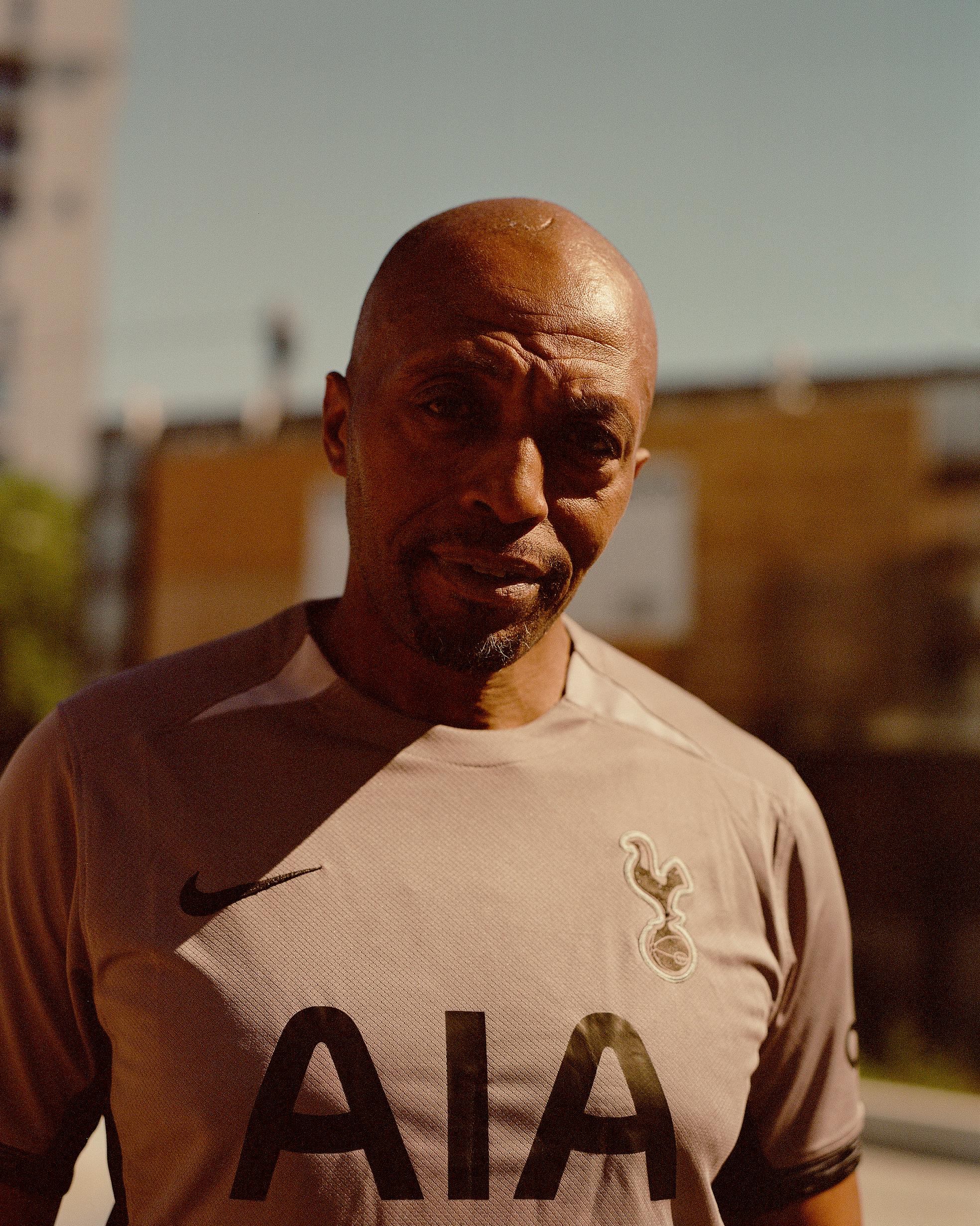There is a wisdom and power in the experiences we have
Hugh Douglas is working on a collaborative project with JRF to explore issues related to in-work poverty and look at potential solutions. Here he describes his own journey and talks about the benefits of good co-production.
At the end of his book Lost Connections, Johann Hari talks about his experience of coming to understand his poor mental health as a symptom of a wider societal malaise. He suggests that when we understand this we can be motivated to engage with action aimed at a societal solution.
My own journey from long-term disconnection through addiction at every stage has involved a deliberate engagement and connection with other people. In the various groups and communities I have been a member of, the group finds meaning in looking out for each other. A constant in these group processes, which have for me moved from personal development to community development, is a shared realisation that there is a wisdom and power in the experiences we have (whatever those experiences might be), and that this wisdom and power can not only be useful to others but contribute to a collective wisdom of diverse experience from which truly informed action can come.
As a result of my work with Birmingham Poverty Truth Commission, and later the Poverty Truth Network, I was invited to join a JRF project that aimed to explore issues related to in-work poverty and look at potential solutions. The idea was that JRF would form a small group made up of JRF employees with a range of expertise, and others who might have been involved in community action groups and who regarded themselves to have suffered in-work poverty. This group would TOGETHER develop the project.
What does good co-production look like?
I have heard the term ‘co-production’ bandied around for some time and been allowed the opportunity to consider what this looked like at its best and worst. The examples of ‘co-production’ that I have felt most cynical about tend to involve those with lived experience either very minimally or at a point where the direction and shape of the work has already been decided. The participant with lived experience has no real opportunity to contribute in a meaningful way, and is left feeling like they have just helped a box to be ticked. Unless co-production is approached with a real appreciation of the value it can offer the project and the people involved even the most well-meaning organisers can, I believe, fall significantly short.
It felt like everyone involved in the in-work poverty project hosted by JRF had also developed an appreciation of what is important when working WITH as opposed to working FOR. There was a real commitment to a process that involved a deeper quality of listening and recognition of the value that each individual brought. My experience with the Poverty Truth Commission was of a group that created energy and engagement through the development of strong personal relationships, a sharing of experience that at times involves some vulnerability, sets a foundation for group cohesion and gives a sense of responsibility (to each other), which drives the work carried out together. Our initial meetings at JRF were all about trying to do this, a process of discovering our shared humanity.
How our commissioning process worked
As a group we started to think about some of the themes that arose in our shared experience, and then what direction the project might take. We went on to commission an organisation to facilitate our meetings. We decided that we should experience how potential partner organisations worked, and set a task for the 2 shortlisted organisations to facilitate a discussion as their interview. This proved to be a really successful way of understanding more about who the people were and how they worked. With the organisation Involve we have gone on to research some broad themes, pull out some of the key common experiences and issues, and start to think about solutions. Additionally we have brought in an advisory group of people from the worlds of politics and business, which we have been able to run ideas past.
My hope is that our work, which has involved lots of listening and time spent exploring issues as a group, will enable us to develop some really well targeted approaches to solving some of the difficulties experienced by working people in this country. Already our work has had some impact with JRF, and the topic areas we identified as most important have started to be reflected in the work of the organisation as a whole.
Beyond this, I believe the positive example of collaborative working will add to the wave of action that aims to involve those with real-world experience in making the decisions that affect them. This in my view is crucial if we are to live in a society in which our democratic processes involve a complete exploration of the issues they seek to address. Everyone must be able to live a decent life and feel like the systems we live within serve us all.

This reflection is part of the power and participation topic.
Find out more about our work in this area.